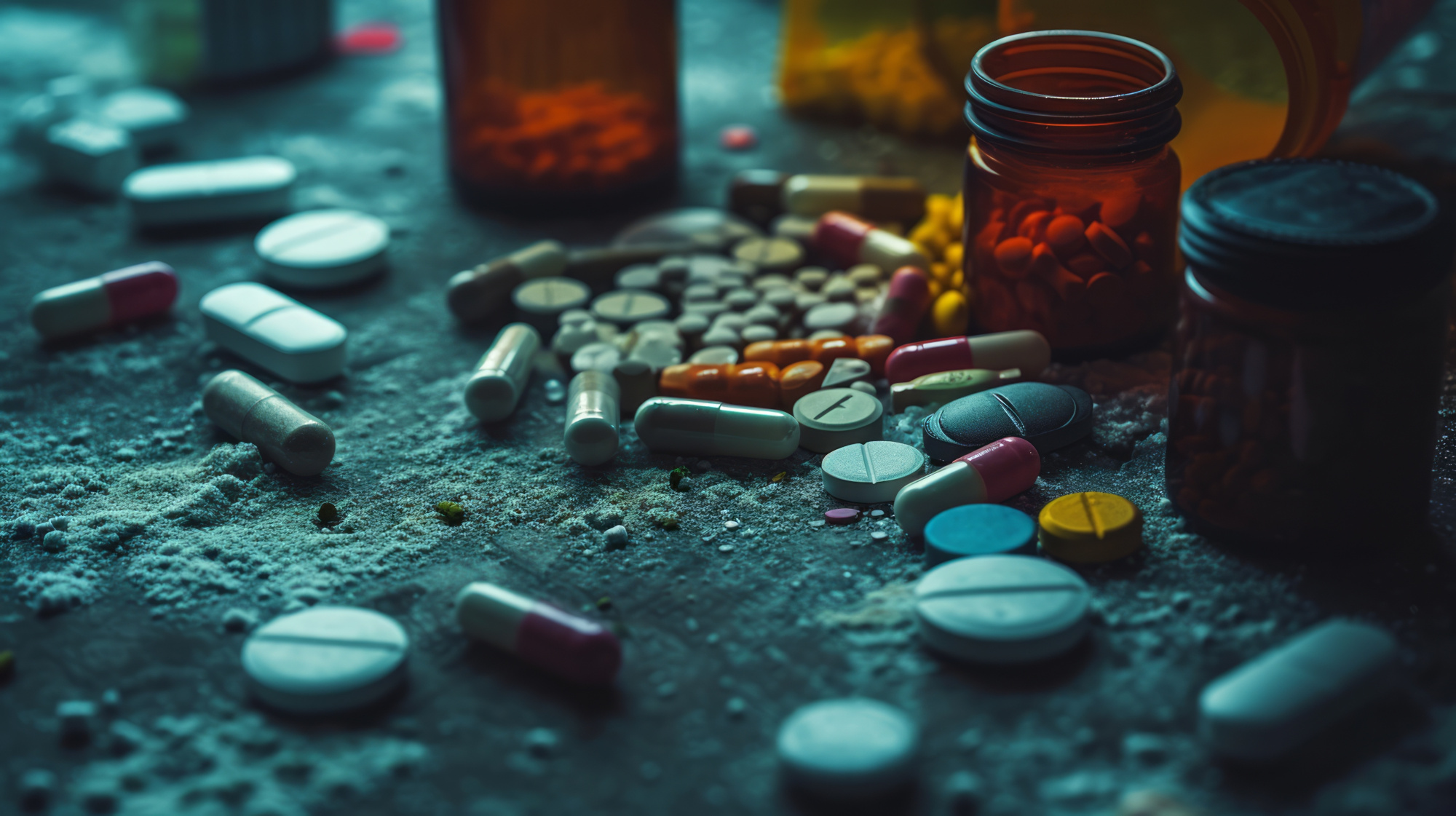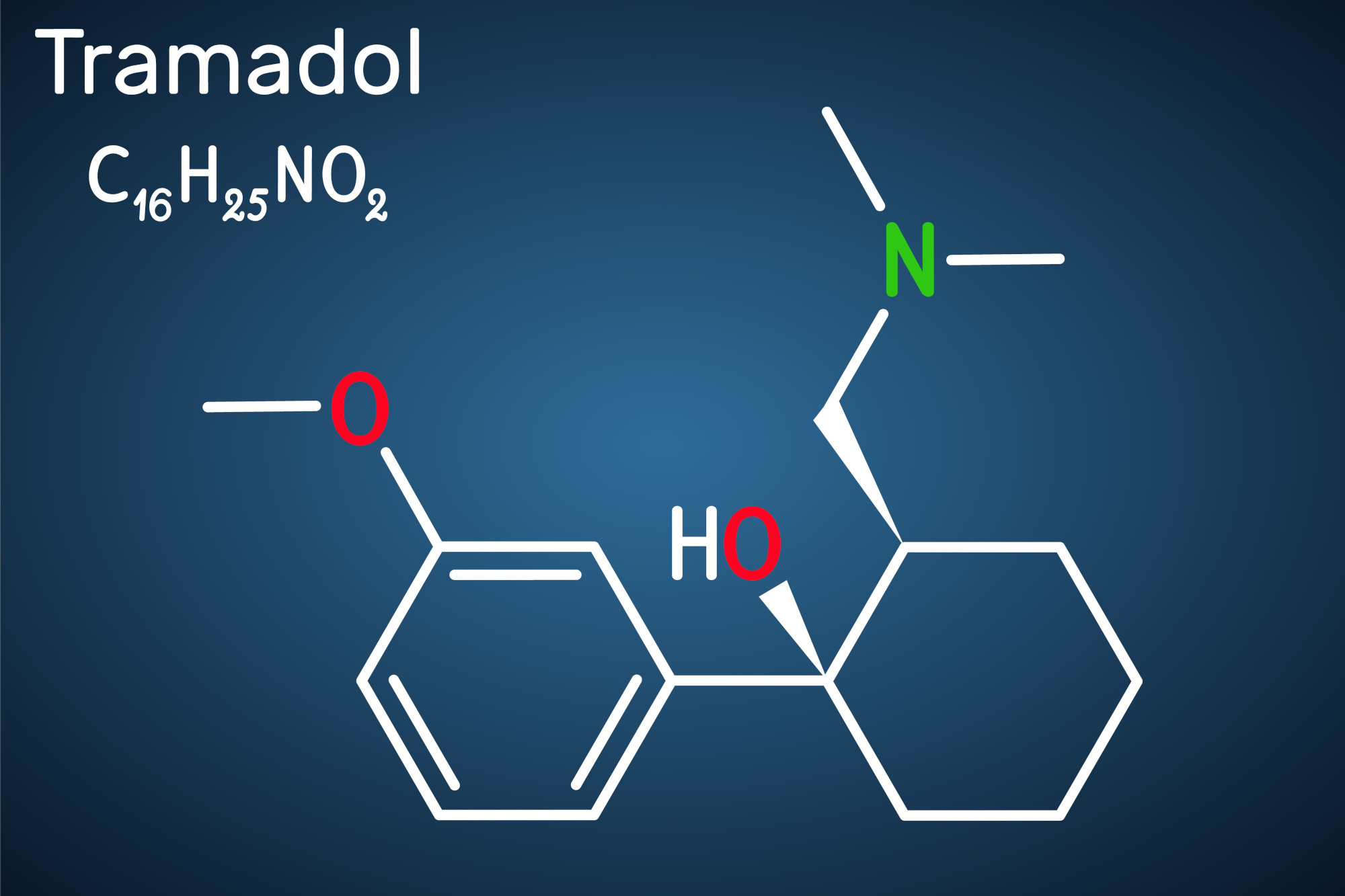It may feel like Tramadol is a safe medication, especially if a doctor prescribed it to you, but a Tramadol addiction can be anything but harmless and can seriously disrupt your life. Below, we’ll dive into how Tramadol affects your brain and the risk factors of having a Tramadol addiction.
What is Tramadol?
Tramadol is an opioid analgesic that helps reduce the sensation of pain. It affects the brain’s reward system and causes your body to release two important neurotransmitters: serotonin and norepinephrine. These two neurotransmitters can make you feel euphoric, which can lead to addiction.
Risk Factors for Tramadol Addiction
If you are trying to figure out if you or a loved one have a Tramadol addiction, several risk factors could affect your chances of developing a dependence on it.
Dosage
If you take a high dose of Tramadol or double up on pain medication, then it could quickly develop into an addiction. Your body can become accustomed to Tramadol, which can cause you to take more medication to get the same pain relief. The longer you take Tramadol, the deeper your dependence on the substance grows.
History of Addiction
Have you ever had an addiction to any other substances? People with a history of addiction or substance abuse issues have a greater chance of developing a Tramadol addiction as well. Specific genetic markers can also increase your odds of developing an addiction. It might be worth speaking to your family and learning if any of them have also dealt with substance dependence.
Mental Health Conditions
Do you have any underlying mental health conditions like depression, anxiety, or trauma? Because Tramadol affects the serotonin in your brain, it can feel like it alleviates mental health symptoms, which can cause you to self-medicate with Tramadol. If you think you have any mental health condition, it’s important to speak to a doctor before you use any other substance.

Signs of Tramadol Addiction
It can be really difficult to identify the signs of addiction in yourself or a loved one, mainly because addiction can look and feel different in everyone. However, there are common signs to take note of when trying to figure out if you or a loved one have a Tramadol addiction.
- Increased tolerance, which refers to taking more Tramadol and getting the same amount of relief
- Requesting a higher prescription or lying to your doctor
- Using friends’ or family’s prescription
- Dependence on Tramadol
- Difficulty stopping Tramadol
- Experiencing withdrawal symptoms
- Anxious thoughts or anxiety
- Sweating
- Nausea or feeling like you need to throw up
- Insomnia
- Constant urge to take Tramadol
- Impact on daily life
- Are you finding it difficult to work, attend school, or spend time with your family?
- Do you have little interest in doing things and can’t stop thinking about Tramadol?
- Has your Tramadol use affected your personal health, relationships, and daily life?
Treatment Options in Southern California
You don’t have to suffer from Tramadol addiction forever. At SCRC, our prescription pill treatment in Southern California offers a wide array of services to help get your life back and free yourself from an addiction. We can support you in each stage of your recovery journey, from detox to residential to outpatient. Our spacious, comfortable centers in Orange County and San Diego are the perfect places to get sober. We’re passionate about helping people overcome their addictions and get on the path to sobriety. Remember that recovery is possible and often the first step to living a happy and fulfilled life free of addiction.
If you have any questions about prescription pill treatment in Southern California, hop on the phone with our admissions team. They can answer any questions or concerns you may have about starting treatment. Reach out today to get the help you need.
Sources:
National Library of Medicine (2010) Tramadol Dependence in a Patient With No Previous Substance History
American Addiction Center (2024) Tramadol Withdrawal Symptoms, Timeline & Detox Treatment
Southern California Recovery Centers
Southern California’s Premier Outpatient Addiction Recovery Center



